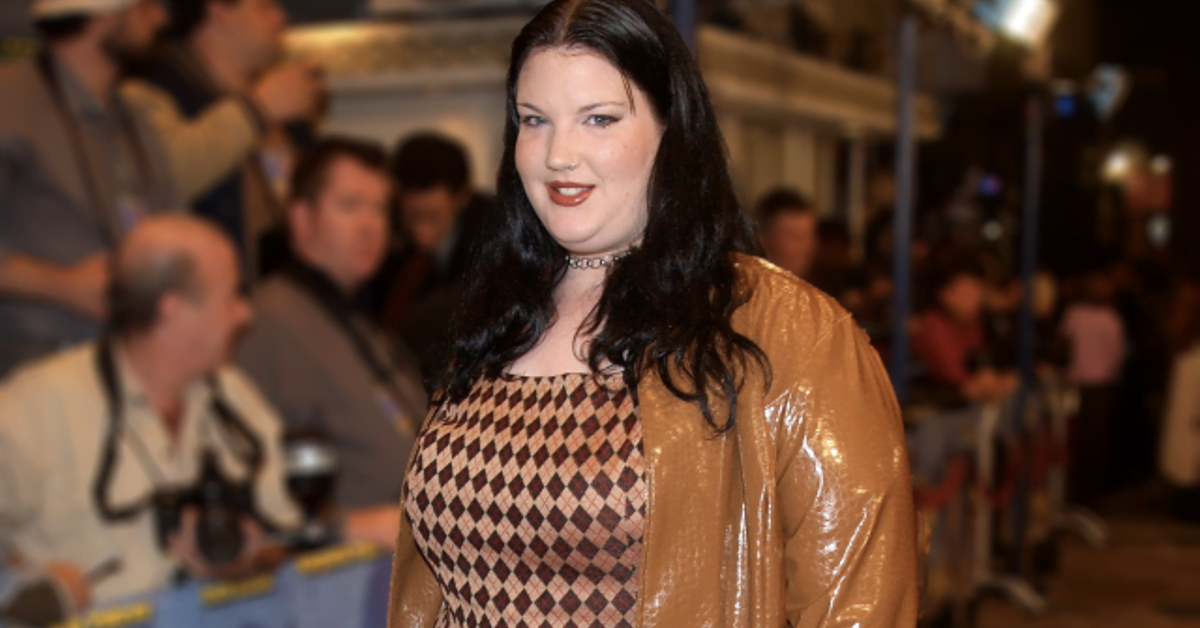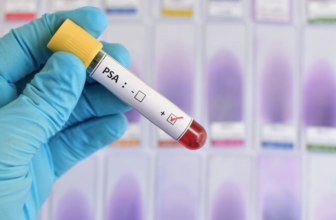
Ivy Snitzer, once Gwyneth Paltrow’s stand-in for the 2001 film “Shallow Hal,” shares her experience from those years. At a young age of 20, Snitzer eagerly took on the role of Paltrow’s double, who donned a fat suit for many scenes as Rosemary. Back then, Snitzer believed the film portrayed a forward-thinking view on body norms, observing that overweight characters often played negative roles in movies.
With time, perspectives on “Shallow Hal” shifted. Critics highlighted that the film not only made comedy out of Rosemary’s physique but also viewed it as a tragedy. Years later, Snitzer, currently an insurance business owner in Philadelphia, ponders over the film’s influence on her life and self-perception.
Interestingly, a little over a year post the movie’s release, Snitzer underwent lap band surgery. She confided in Amelia Tait that she perceived the procedure as a solution to her weight issue. The societal expectation to be slim weighed on her. Ivy confessed her struggle with body image, saying she despised her physique, compelled by society’s standards. Her relationship with food was challenging, often indulging in limited diets and battling conditions she took pride in, even though they mirrored eating disorders.
Remarkably, these disorders are not exclusive to those in smaller frames. Atypical anorexia nervosa, a term coined by Verywell Health, relates to individuals who experience a substantial weight loss but are not categorized as underweight. Contrary to popular belief, the National Association of Anorexia Nervosa and Associated Disorders (ANAD) states that less than 6% of those battling eating disorders are deemed “underweight.” ANAD also emphasizes that individuals with larger physiques are often misdiagnosed or overlooked.
Dr. Leslie A. Sim of the Mayo Clinic mentioned the challenge doctors face in diagnosing overweight patients with eating disorders, as they are often advised to diet. To the patient, it becomes a task they believe they must accomplish until it spirals.
For Snitzer, her journey to drastic weight loss felt empowering, as she believed she was finally taking charge of a situation everyone advised her on. Reflecting on her thinnest days, she acknowledged the stark difference in societal treatment. The story serves as a reminder of the diverse battles people face with body image and eating disorders.
For those grappling with similar challenges, the National Eating Disorders (NEDA) offers support and resources.





